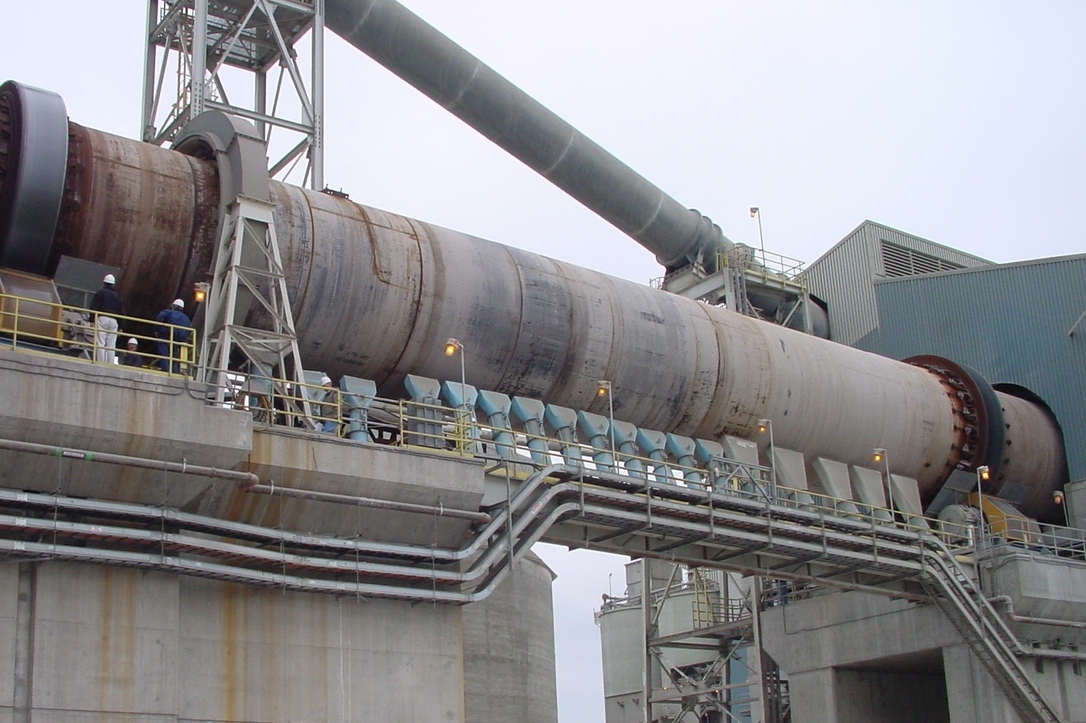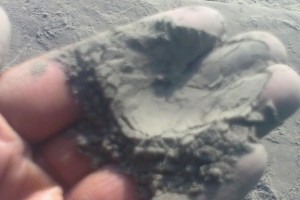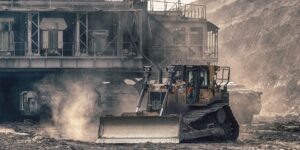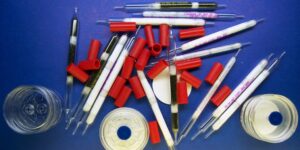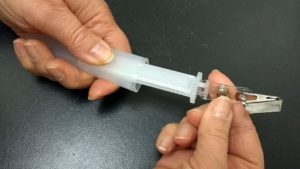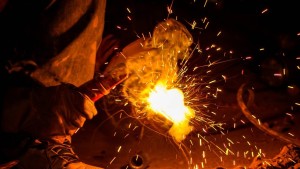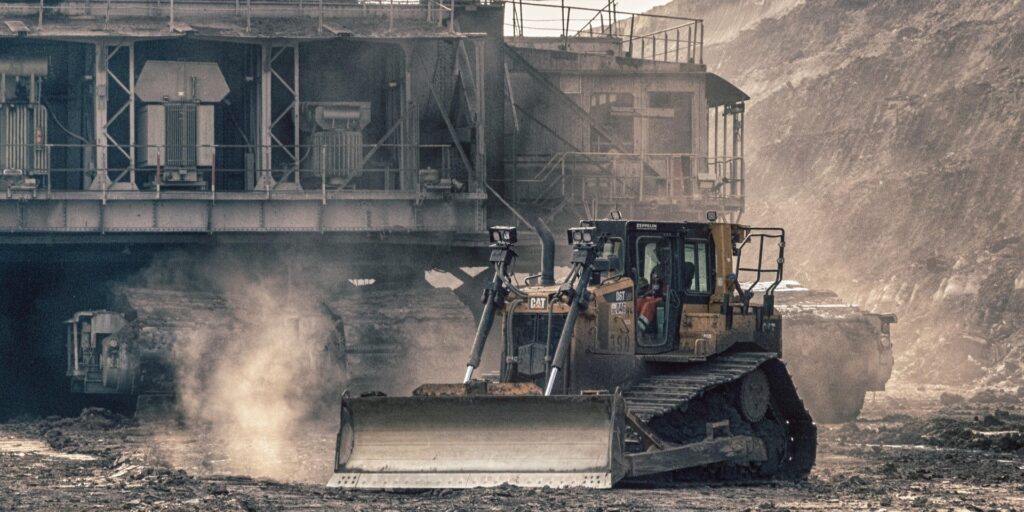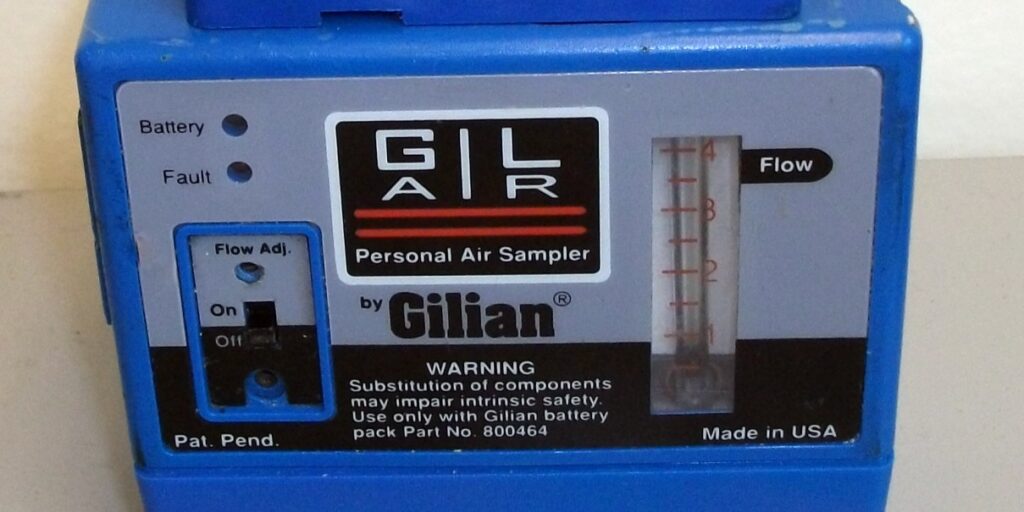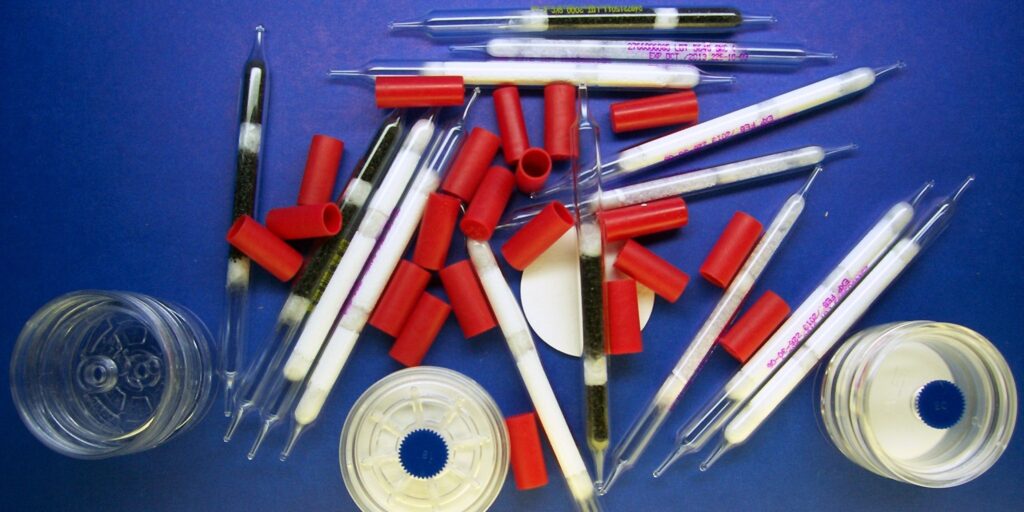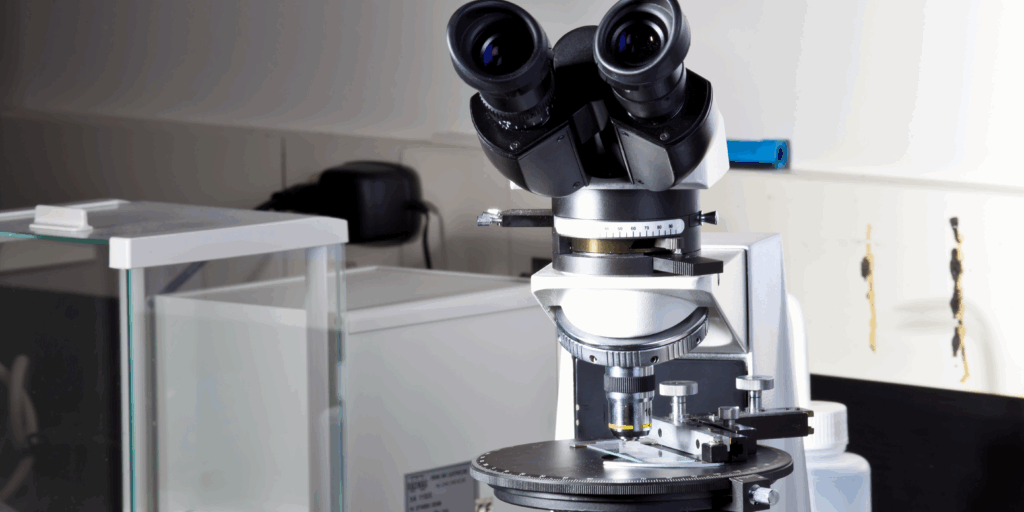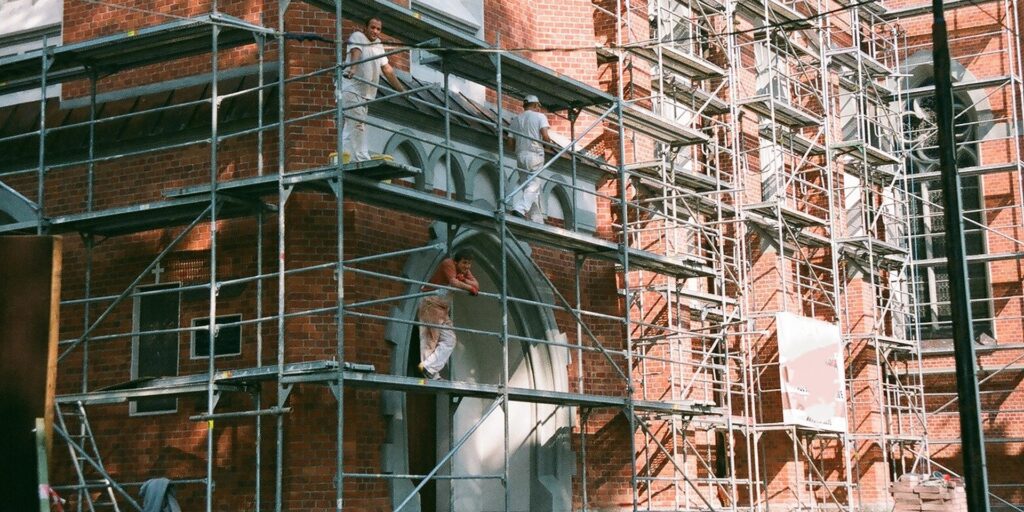Monitoring air quality in cement production plants is essential to protect workers from hazardous exposures and ensure compliance with occupational health regulations. LCS Laboratory Inc. provides specialized air sampling equipment, sampling media, and laboratory testing services tailored to the cement industry. With over two decades of expertise in industrial hygiene testing, we outline the most critical industry-specific analyses below.
Purpose: Why Air Sampling Matters in Cement Production
Cement production involves processes that generate significant airborne contaminants, including respirable dust, alkaline particulates, crystalline silica, and trace metals. Prolonged exposure to these substances can harm workers’ health and may exceed regulatory limits if left unchecked. Our services empower industrial hygienists and safety professionals with precise, actionable data to mitigate these risks and maintain a safe working environment.
Technical Details: Common Air Contaminants in Cement Plants
Cement dust is a primary concern. In Ontario, Portland cement is regulated as respirable dust, with a time-weighted average (TWA) exposure limit of 1 mg/m³ measured using NIOSH 0600. Only 10-30% of cement particles fall into the respirable range, while larger particles, up to 100 microns, can contribute to total inhalable dust. Testing for inhalable dust provides a broader picture of worker exposure.
Alkaline dust, with a typical pH above 11, poses an additional risk due to its caustic nature. Free sodium, potassium, calcium, and magnesium hydroxides can constitute up to 3-5% by weight. Alkaline dust can be assessed using the NIOSH 7401 method which targets metal hydroxides or by NIOSH 7301 to target alkaline metals like sodium and potassium.
Crystalline silica is another significant hazard, particularly during the crushing and mixing of raw materials. Quartz, a common form of silica found in sand, may be present in high concentrations before the kiln stage, where its levels diminish. Testing for respirable crystalline silica should be conducted using the NIOSH 7602 method.
Aluminium dust is a major component of cement and is regulated in Ontario as respirable dust with a limit of 1 mg/m³ (TWA). Aluminium levels can be measured using NIOSH 0600 for sampling and NIOSH 7301 for analysis.
Trace metals such as manganese are generally present in small quantities, often below 0.01% in raw materials and cement. However, manganese concentrations can reach up to 0.3%, potentially exceeding occupational exposure limits. Sampling can be conducted using NIOSH 0500, with analysis by NIOSH 7301.
In addition to these primary contaminants, other chemicals may require monitoring based on site-specific conditions to ensure a comprehensive evaluation of workplace safety.
Benefits of Choosing a Canadian Testing Laboratory
As a Canadian laboratory, LCS Laboratory Inc. provides localized expertise tailored to the unique regulations and conditions of Canadian industries. Working with a domestic lab ensures faster turnaround times, reduced shipping costs, and access to knowledgeable professionals familiar with national standards. By partnering with us, you support Canada’s industrial health and safety community while receiving high-quality, personalized service.
Contact Us Today
LCS Laboratory Inc. is your trusted partner for air sampling in cement production facilities. We offer pre-calibrated equipment, user-friendly sampling media, and detailed laboratory analyses. If needed, we can connect you with an industrial hygienist in your area for on-site support. To discuss your project or request a quote, please email us today.

